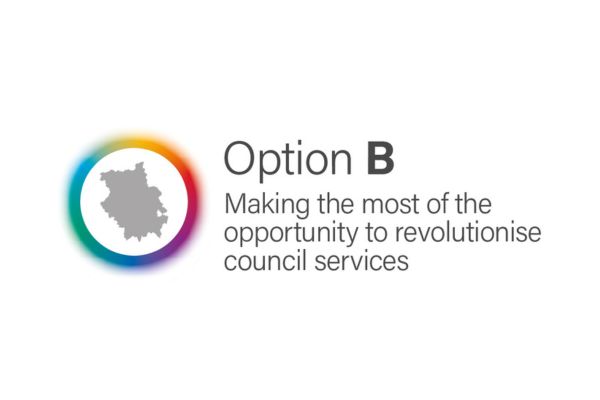Councillors are set to consider proposals to relaunch Cambridge Folk Festival in 2026 with a refreshed, citywide, multi-venue format.
The new format would protect what makes the Festival special while ensuring it can be delivered in a more inclusive and affordable way for attendees, while also being more financially resilient and environmentally sustainable.
Cherry Hinton Hall, the spiritual home of the Festival, would remain the anchor venue, with a scaled down two-day outdoor event with a more basic camping offer, while additional venues across the city would host folk events throughout the week to open up access to new audiences.
The new approach – with the potential for scaling according to demand and growth – would seek to celebrate this iconic Festival’s early independent grassroots values, as well as looking to the future and enabling the Festival’s economic benefit to be spread to more parts of the city.
With an unparalleled reputation for supporting and promoting emerging talent, Cambridge Folk Festival would continue to support and celebrate rising stars both locally and nationally, with more opportunities to provide a platform for emerging local acts.
The relaunch would follow a loss-making Festival in 2024, which required significant financial subsidy from the council, within the wider context of festivals across the country also having struggled to balance rising infrastructure costs with lower income from ticket sales, with many festivals stopping altogether.
The recommendations follow a strategic pause or ‘fallow year’ in summer 2025 to enable a comprehensive review of the Festival by council staff, supported by a specialist consultancy and engagement with audiences, sector experts and local folk clubs to identify opportunities to continue the much-loved Festival.
The review indicated that there would be no way to continue with the traditional four-day Festival at Cherry Hinton Hall without the council accepting significant financial risk and being prepared to subsidise the Festival by a potential £0.5 million each year, at a time when the council is already having to find annual savings of £11.5 million. A two-day event at Cherry Hinton Hall, with two medium-sized stages and a more basic camping offer, would significantly reduce the infrastructure costs compared to the previous four-day event, which had more stages and campsite facilities.
Papers have been published ahead of being considered by councillors at a meeting of Cabinet on Tuesday 15 July, 5pm.
Cllr Antionette Nestor, Cabinet Member for Culture, Economy and Skills, said: “We’re really optimistic about the potential of a multi-venue format that balances the tradition of Cherry Hinton Hall with new opportunities to appeal to a broader audience and support local cultural partners.
“Cambridge Folk Festival holds an integral place in the city’s cultural history, and protecting its legacy has been at the heart of our work to review our options for the future. At the same time, the council cannot afford to subsidise the Festival by half a million pounds a year in the long-term, so we need to address the changes in audience behaviour – such as the decline in people wanting to pay for weekend camping tickets – and ensure the Festival returns in a financially resilient way.
“It is common for festivals to take a fallow year to give organisers time when they would usually be organising that year’s festival to pause and reflect on how the festival can stay current and engaging to new audiences. Even without the financial pressures we faced last year, it would have been important to conduct this review as it also allows us to consider how to ensure the Festival is inclusive so that people across the city can enjoy what is on offer, and to enable emerging artists and cultural partners to be supported by the Festival.”
Creating a strong and innovative foundation to build upon in the years ahead, the refreshed format for Cambridge Folk Festival would support an exciting and cutting-edge programme of music and events taking place in Cambridge’s renowned music venues and performance spaces across the city.
The multi-venue format has proved to be very successful for Celtic Connections in Glasgow, the Brighton Festival, and Edinburgh’s Fringe festival, and would create potential for the Festival to scale and become more financially resilient for the future. Meanwhile the Festival would retain its cherished identity, artistic quality, and audience intimacy, whilst at the same time creating opportunity for greater community engagement, access to the arts and cultural innovation – all key aims of the council’s wider cultural strategy for Cambridge.
Proposals are subject to discussion and decision by members of the council’s Cabinet at a meeting on 15 July 2025.



